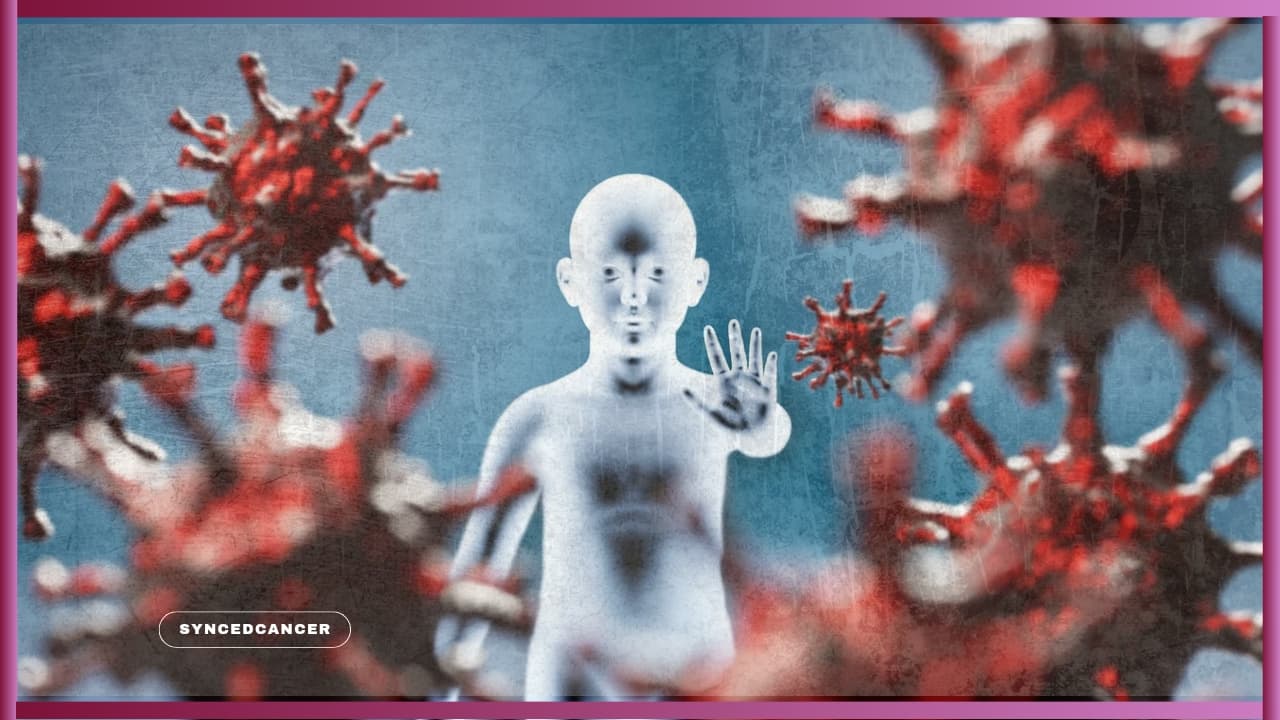As the understanding of breast cancer biology continues to advance, treatment approaches are evolving to become more personalized. This shift toward individualized medicine has led to several new targeted therapies, one of the most promising being immunotherapy. Currently, immunotherapy represents one of breast cancer research’s most dynamic and rapidly expanding areas.
Immunotherapy is an emerging and innovative treatment option for certain breast cancer patients, particularly those who have limited responses to conventional therapies such as chemotherapy. However, this treatment is not suitable for all types of breast cancer. The following provides an overview of how it functions, and how it compares to traditional treatment approaches.
What Is Immunotherapy?
Immunotherapy is a treatment that strengthens the body’s immune system to identify and destroy cancer cells. Unlike traditional treatments such as chemotherapy and radiation, which act directly on cancer cells to destroy them, it empowers the immune system to respond against these cells effectively.
The immune system is the body’s natural defense against harmful invaders, including viruses, bacteria, and abnormal cells like cancer. However, cancer cells can be evasive and may develop mechanisms to avoid detection or suppression by the immune system. In these cases, immunotherapy helps to “unmask” cancer cells or remove the “brakes” that prevent immune cells from attacking them effectively.
It can reinvigorate immune cells by enhancing immune activity, enabling them to recognize and target cancer more aggressively and accurately.
Is Immunotherapy Appropriate for All Patients?
Immunotherapy is not universally effective for all breast cancer patients. Still, it can offer significant benefits to specific individuals, especially those whose cancers have proven resistant to other forms of treatment. Compared to chemotherapy, it often has fewer and less severe side effects, which may improve the quality of life during treatment.
A specific form of immunotherapy, known as a checkpoint inhibitor, is designed to help T cells (a type of immune cell) recognize and destroy cancer cells. Checkpoint inhibitors are now part of the standard treatment protocol for some patients with triple-negative breast cancer (TNBC), a subtype of breast cancer that lacks hormone receptors and cannot be treated with hormone therapies or HER2-targeted treatments.
Ongoing clinical studies aim to expand the use of immunotherapy beyond TNBC, making it more accessible and practical for other breast cancer subtypes.
Potential Risks and Side Effects
While it offers numerous benefits, it is not without risks. Because the treatment activates the immune system, it can lead to immune-related side effects. Common side effects may include fatigue, skin rashes, gastrointestinal issues, flu-like symptoms, and inflammation of organs such as the lungs or liver. In some cases, endocrine disorders may also occur.
Particularly concerning is immune-related pneumonitis (inflammation of the lungs), which can be life-threatening. Patients experiencing shortness of breath, chest pain, or a persistent cough should contact their healthcare provider immediately.
In rare situations, it may mistakenly cause the immune system to attack healthy tissues and organs. Additionally, as with many cancer treatments, some tumors may develop resistance to it over time, reducing its long-term effectiveness.
Another consideration is cost and accessibility. It can be expensive and sometimes difficult to obtain, even for patients with health insurance.
The Role of Research in Advancing Immunotherapy
The field of immunotherapy continues to be one of the most promising areas of breast cancer research. Notable researchers such as Dr. Elizabeth Mittendorf, M.D., Ph.D., MHCM, a Komen Scholar, have made significant contributions through clinical trials focused on immunotherapy for breast cancer.
Dr. Mittendorf is currently studying tissue samples from patients with hormone receptor-positive breast cancer to understand how tumors evade immune detection. Her research aims to determine how it can help the immune system recognize and destroy cancer cells more effectively.
As Dr. Mittendorf explains:
“The reason immunotherapy may help us to achieve a cure is that it is a treatment that teaches your immune system to recognize a tumor as something that’s foreign and needs to be eliminated. This is called an adaptive immune response, which can be lifelong.”
In addition to exploring how to improve immune recognition of cancer cells, researchers are investigating combinations of immunotherapy with other treatments (such as chemotherapy or targeted therapies) to enhance their effectiveness. Another area of active study is the development of breast cancer vaccines designed to train the immune system to target specific tumor markers.
Conclusion
Immunotherapy is transforming the landscape of breast cancer treatment. For patients with limited treatment options, it provides a new avenue of hope and the potential for more effective, longer-lasting responses. Although it is not suitable for all breast cancer types and does carry risks, continued research and clinical trials are expanding its reach and improving our understanding of how best to utilize it.
Patients are encouraged to discuss the suitability of it with their oncologist, especially if other treatments have not been effective. As science progresses, immunotherapy may become more integral to personalized breast cancer care.
References
Susan G. Komen – https://www.komen.org/blog/immunotherapy-for-breast-cancer/
Accessed 23rd July, 2025











What do you think?
It is nice to know your opinion. Leave a comment.